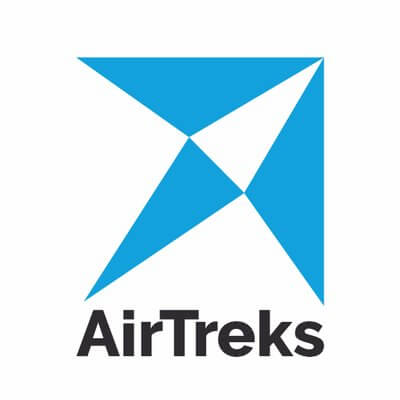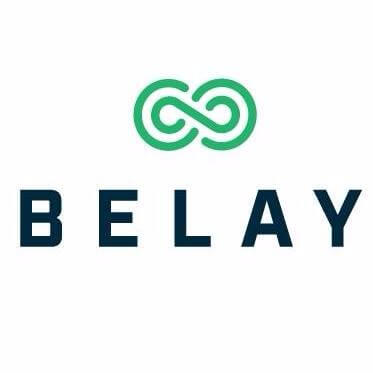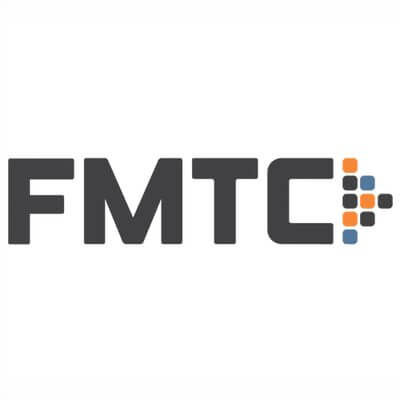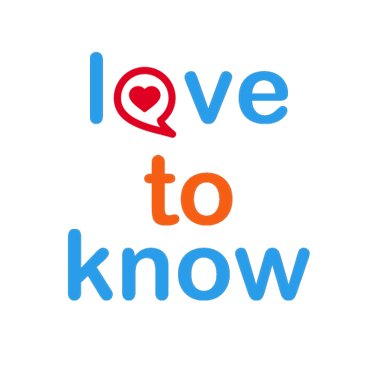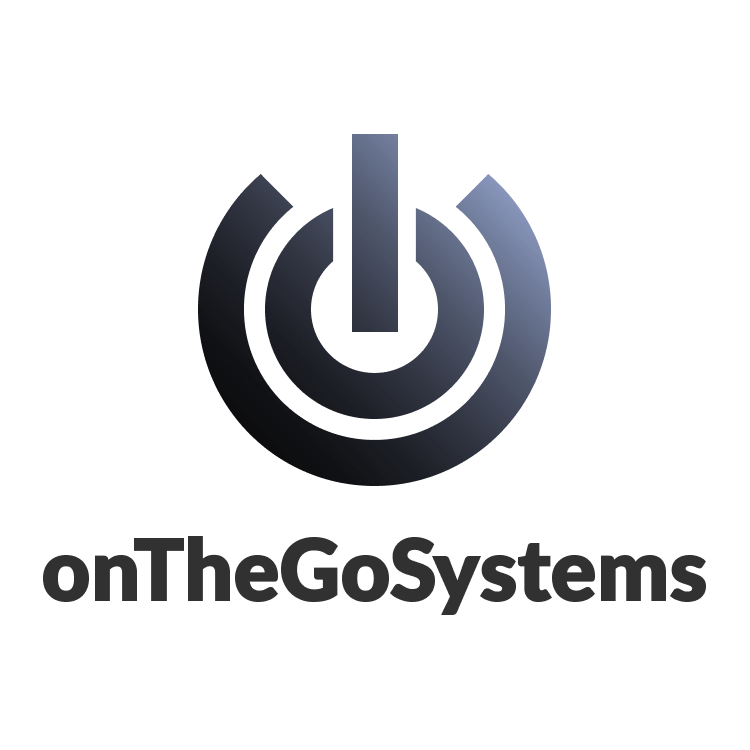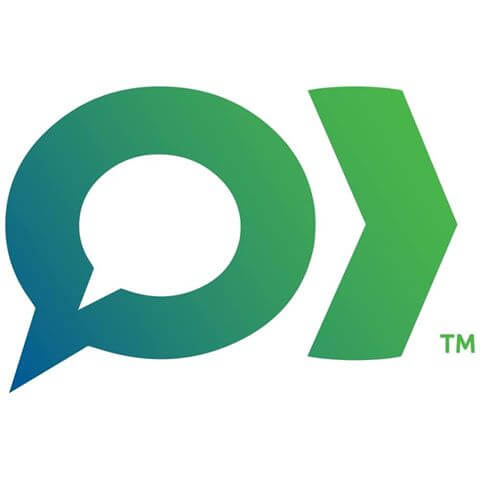Did you switch to remote or start out that way?
AirTreks is a 30-year-old company that at one time received Silicon Valley funding and had a big office in downtown San Francisco. We worked from an expensive office for 25 years. Our sales team always had some remote workers.
We got to see how remote working technology has improved from the “front lines”—I’m remembering days circa 2005 configuring servers and setting up VPNs to link our remote team into our phone and customer management systems. Now, it’s easier than it ever has been to work from anywhere.
We made the switch to 100 percent remote work with a formal transition plan for closing our office.
At American Express, we’ve been serving customers for more than 165 years. As the environment and our own business have evolved, we’ve been receptive to new ways we could deliver our customers the superior service they’ve come to expect from American Express. While American Express has had a number of virtual roles for some time, our focused effort to expand the remote telephone servicing team began about a half decade ago.
When our client base continued to grow the need [to switch remote] became necessary. We had limited capacity in our building, limited parking, and an immediate need for more employees. We started with just employees that had a long commute and preferred to work remote.
Appirio started out as a remote company. We had a headquarters in San Francisco where local team members could work from the office, but those located in other locations were able to work remotely. Furthermore, those local to the San Francisco office would also have the flexibility to work from home for part of their week.
We did start out remote, although it originally happened accidentally. In December 2011 our founders raised an angel funding round of $400,000. At the same time though, their visas to be in the U.S. expired and so they left for Hong Kong. In the midst of their travels, they were excited to grow the Buffer team and hired people that felt like a good culture fit, without minding what part of the world they were in. The team started growing in Nashville, London, and other places, while the founders continued to travel. At one point there was the chance for the whole team to work from San Francisco, but our CEO Joel decided to keep the company 100% remote in order to encourage teammates to live and work from wherever they felt the happiest and most productive.
No, we started with an office in downtown Santa Cruz. We decided to go remote because there was a decision to move the office, and because we saw that our industry was heading in this direction and we wanted to be more than ready for it.
We are remote natives. We started our business with very limited investment dollars, zero job seekers, and zero business clients. Remote was the way to go.
No, we made the switch after 13 years. We made the transition initially to allow long time creekers to move away from New York, it was kind of our test to see if remote work worked for us. Then we began to hire remotely.
Not at all. Goodway became a 98 percent virtual company in 2006, once we transitioned from being a traditional print marketing company to an entirely digital firm.
From the very beginning, Greenback has been a 100% virtual company. We are all a highly energetic, positive, resourceful team working virtually across the globe. For our accountants, they have ultimate flexibility to decide where to work from and when to work. If they want to spend a tax season in their home office and in the slower season work a lighter load from Mexico or Bali or the coast of Spain, then great! Many on our accountant team does just that.
Many of the earliest hires were together in Boston, but we quickly started growing our team outside of the home base. So, kinda-sorta.
Started out remote mostly. At the beginning it was myself, my co-founder and one employee (Hi Tom!). We were bootstrapping to the highest degree. We had no office. And, nobody wanted to put any constraints on how anyone else worked. We were all already working triple time.
We started out as a virtual company with the intent to be virtual. We wanted to embrace modern technology that had never been created or offered before in our sector (specifically for nonprofit organizations and NGOs), but we also set out to experiment as a modern and innovative work environment.
Before Jungle Scout, I was able to replace my income with my ecommerce business, and my wife and I actually left the U.S. to travel the world. Then we started Jungle Scout and since we were already living the lifestyle, the business was developed to have a distributed team. It’s been the start of our culture from the beginning.
We started out working remotely.
We used to have an office when we were a very small team—we even cooked lunches together and were a very close knit team since the very beginning. People at komoot have always loved spending time outdoors and, in general, value flexibility in order to live the lifestyle they desire. We started to experiment with remote options and working from different places, and it worked just fine so we thought, why not go fully remote? And we never looked back.
We started remote from day one.
Once we had more than one person, we worked in a small office together for the first 2-3 months, and slowly transitioned to just working from home. At a certain point it just wasn’t necessary to be working in the same room, and everyone had a clear preference for their home office work environment over the shared office.
We started 100% remote from day one.
We’ve used freelance remote workers almost from the beginning as hiring in NYC where we originally started was unaffordable for bootstrappers like us.
SitePen’s deep involvement with the remotely-rooted open source community in addition to our CEO’s aversion to fluorescent lighting was what laid the foundation for SitePen’s preferred work environment. While having physical office space was attempted in the early days, the idea of going into the office never quite took off. It’s easy to see that SitePen’s organizational structure is wholly based on an open source software model – many individuals working remotely toward shared goals for the common good. Remote work is like breathing for us – it just is.
Skillcrush has always had a fully remote team. When I founded Skillcrush, the idea of starting a remote company was really exciting because it allowed me to keep costs low while still being able to hire talented employees who were looking for flexible work!
The company started out entirely remote. Joel Spolsky was in NYC, Jeff Atwood was in California, and our first two developers Geoff Dalgas and Jarrod Dixon were in Oregon and North Carolina respectively.
We started out as a small team that was primarily focused on manufacturing. Our first hire in software development was in England and that went over incredibly well. A few months later, our customer service lead asked if he could relocate. Initially I was concerned but then we saw it as an opportunity to improve our processes so that we could support a remote customer service team.
We haven’t aggressively recruited until recently, but we’d often stumble across someone talented that we wanted on our team. These people were rarely local but it was usually obvious they’d make a great addition so we didn’t stress their location. After a while, it became commonplace for our team to be remote.
Started remote.
I was one of TNTP’s first employees after its founding in 1997. We were virtual for some roles from the get-go, with CEO Michelle Rhee living in Ohio and other staff based in New York City, Maryland and Massachusetts. While I loved working from our central office in New York (both as an escape from my small city apartment and because it was fun to interact with all the staff who would come into town for meetings), I was also grateful for the flexibility that our virtual culture gave me when I decided I wanted to move closer to family. I now work from a home office in Cape Cod, where I can see the ocean every day and still make a difference for kids in cities across the country.
We went remote about a year ago, and we put a lot of thinking into it. We laid out the pros and cons, talked to our team members and did some research. Once we started going remotely, we had a lot of questions about staying productive remotely, maintaining a company culture and managing a distributed team and we all learned together to make it work.


